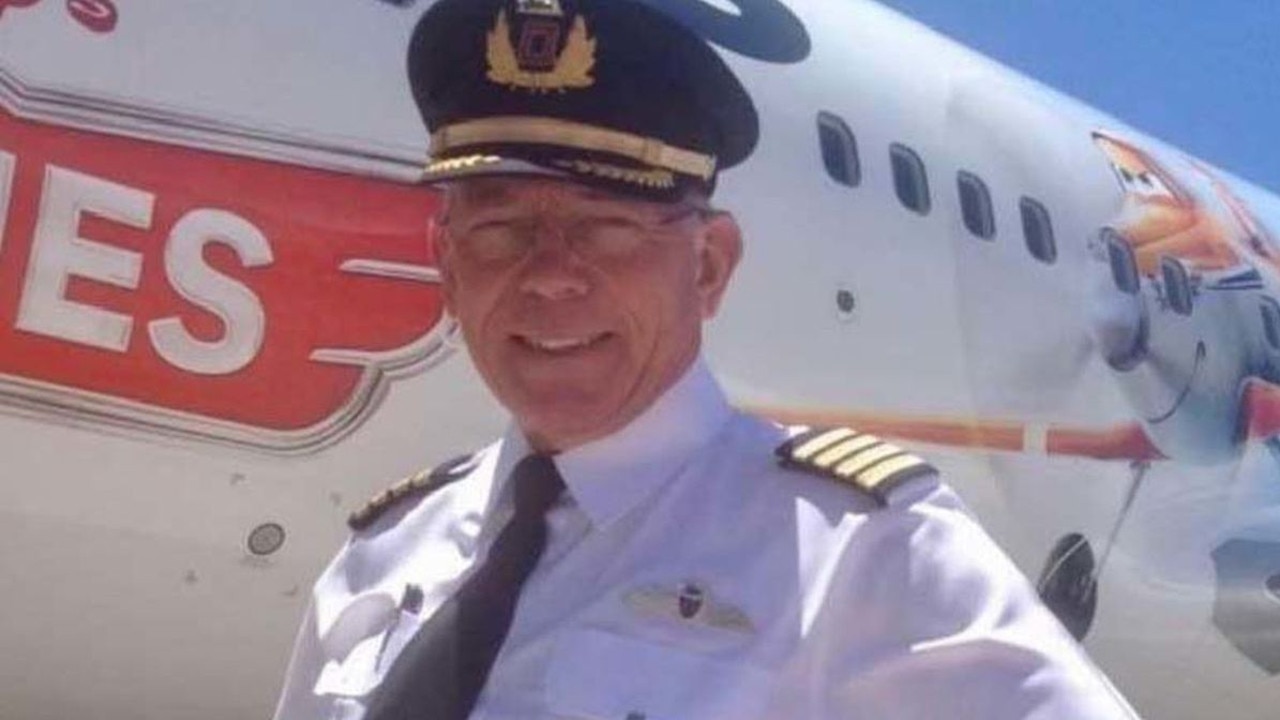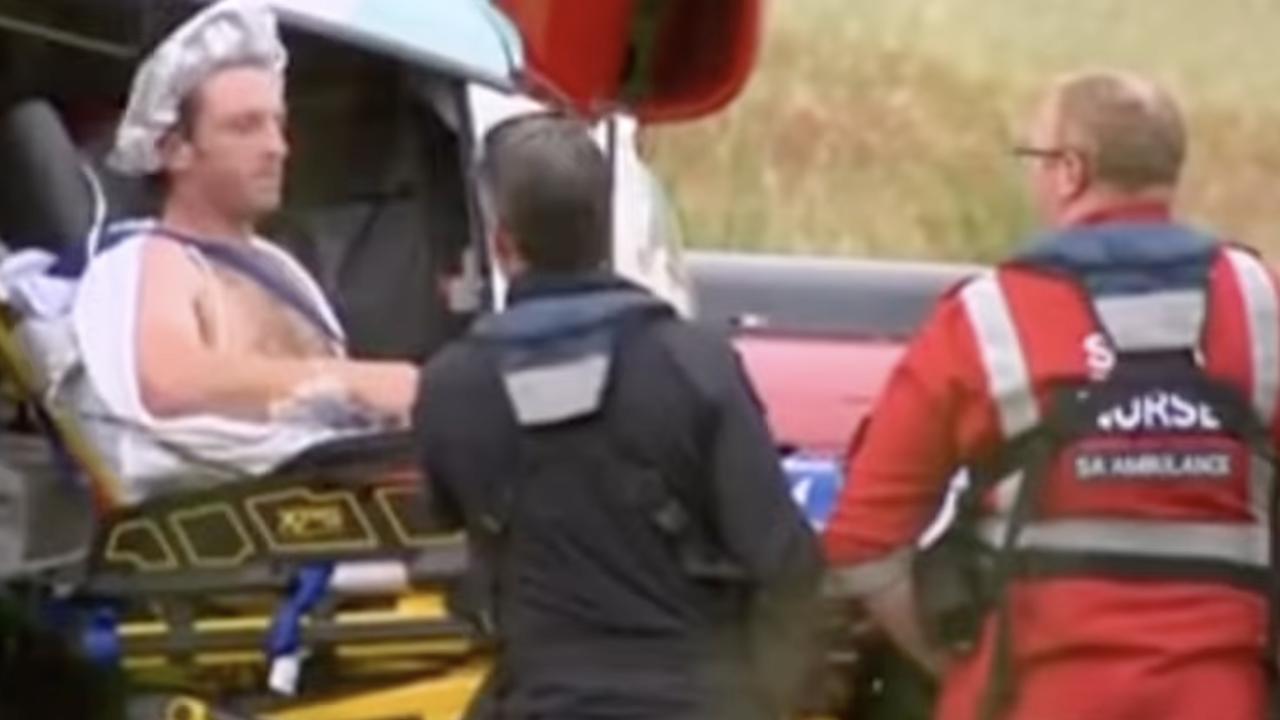Elderly man dies while waiting for Queensland border to reopen
An elderly man has died at a NSW caravan park, where he has been stranded for months waiting for the Queensland border to reopen.
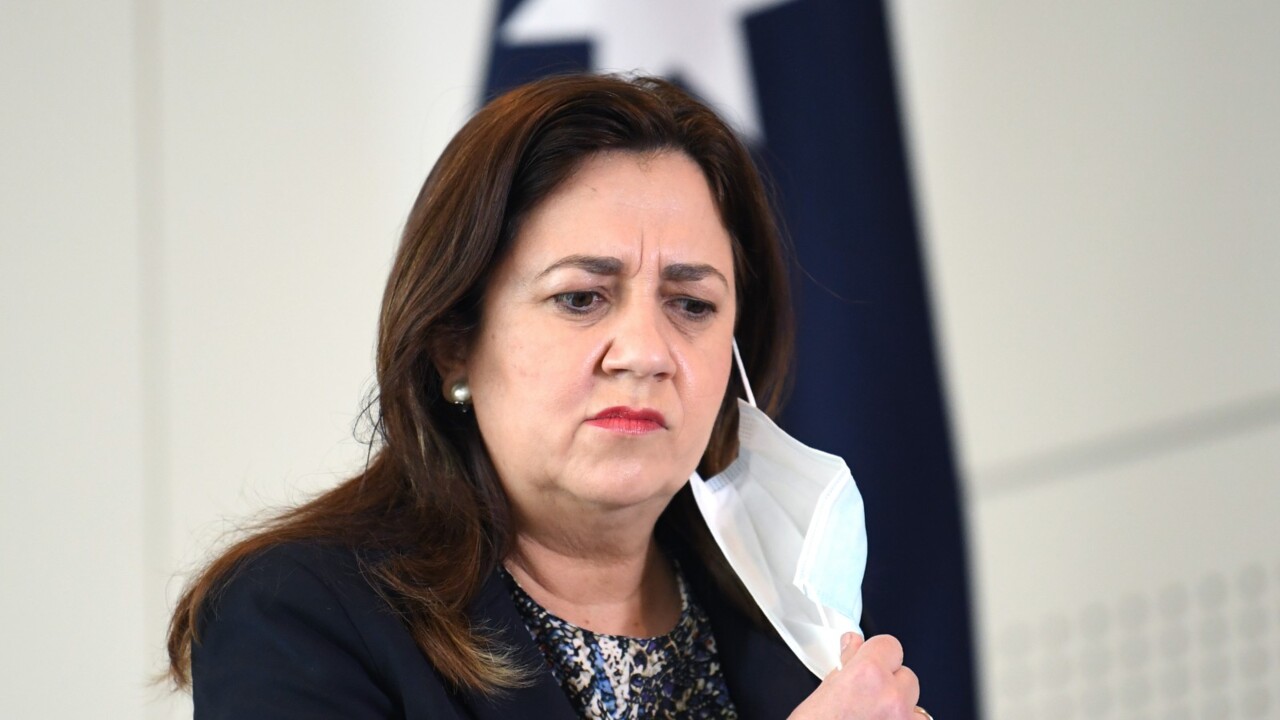
A man has died after being stranded at a NSW caravan park for months waiting for the Queensland border to reopen so he could be reunited with his son.
The 78-year-old man had been living in Tenterfield, in northern NSW, for about 14 weeks with his wife and daughter before his sudden death.
The Courier Mail reports the family had been trying to relocate to Stanthorpe, in the Southern Downs region of Queensland, to live with their son.
However, Queensland’s tough border rules meant the family became stranded in Tenterfield, only around 50km from their destination.
They had initially stayed at the showgrounds before moving to a caravan park.
The publication reports the man had applied for a border exemption in early November, but the exemption was withdrawn a week later.
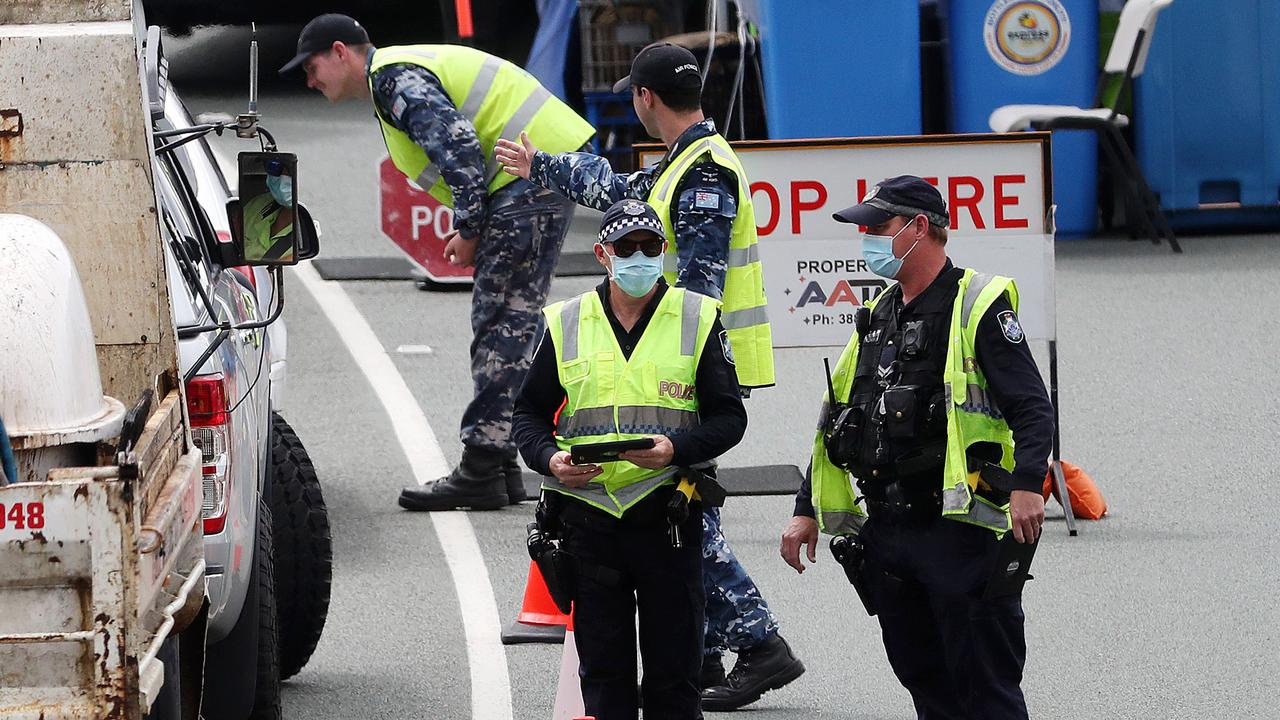
Susan Hosking, a Bundaberg resident who has also been locked out of Queensland after travelling to Victoria to visit her dying mum, told The Courier Mail the man had been very stressed and anxious about the border exemption process.
“As far as I know he’d been waiting a while and was very stressed out as we all are,” she said.
“I had been told he got very, very stressed out about the thought of having to pay for a PCR test.”
NSW Police confirmed emergency services were called to a caravan park on Rouse St, Tenterfield at about 3pm on November 22, following reports a man had been found unresponsive.
He was treated at the scene but unfortunately could not be revived.
“Officers from New England Police District attended and commenced an investigation into the man’s death,” NSW Police said in a statement.
“A report will be prepared for the information of the Coroner.”
Police reportedly told the Courier Mail two family members, women aged 55 and 71, were living with the man. It is believed the man was a full-time carer for both women.
Both family members were granted an exemption to travel across the Queensland border to be with their remaining family.
Queensland Opposition Leader David Crisafulli branded the situation “harrowing”, adding it was hard to comprehend how something like this could happen.
“I have said all along you can be safe and compassionate at the same time,” he said.
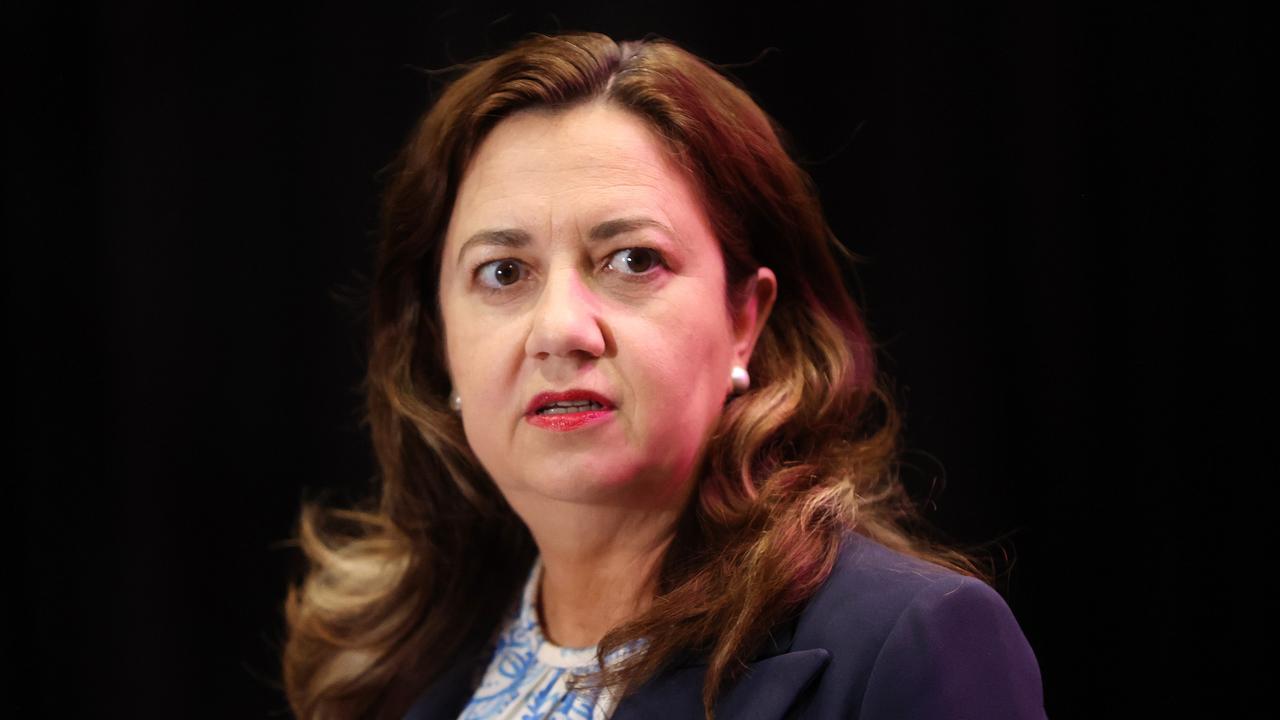
Queensland currently considers NSW a hotspot, and under the state’s border rules people are only able to cross the border from a hotspot for limited reasons.
Upon arrival, travellers must them complete 14 days of mandatory quarantine, either at a residence or in government arranged accommodation.
Queensland Premier Annastacia Palaszczuk has repeatedly come under fire for her strict border rules, with the state’s human rights commissioner even weighing in.
In a rare fiery statement released in September, Commissioner Scott McDougall said the border exemption process was too harsh and appeared to favour celebrities and those with media attention over other cases in genuine need.
Mr McDougall took aim at the system set up by the Palaszczuk government, expressing concern that the process was too often heavy-handed.
“The Commission has been concerned that throughout the pandemic, blanket approaches (to exemption applications) designed to eliminate any risk of the spread of Covid have not properly considered the rights of those affected by restrictions and may not have been proportionate to the risk,” he said.
Mr McDougall also said it was important that those granted exemptions are successful not “because of their celebrity status or the media attention they have been able to attract”, but rather on their own extenuating circumstances and “consistent assessments” of risk.
Ms Palaszczuk brushed off the suggestion the exemptions unit was softer on celebrities than those with a lower profile.
“I reject that completely. I reject that. These people, the people are doing their very best, they are looking at all the compassionate grounds,” she said.
“It is a very stressful time for all Queenslanders that are separated from family and friends.”
Mr McDougall said the complaints he had received relating to the exemption process were mostly from people seeking to quarantine at home or in alternative accommodation because they or a family member had significant disability or health concerns.



